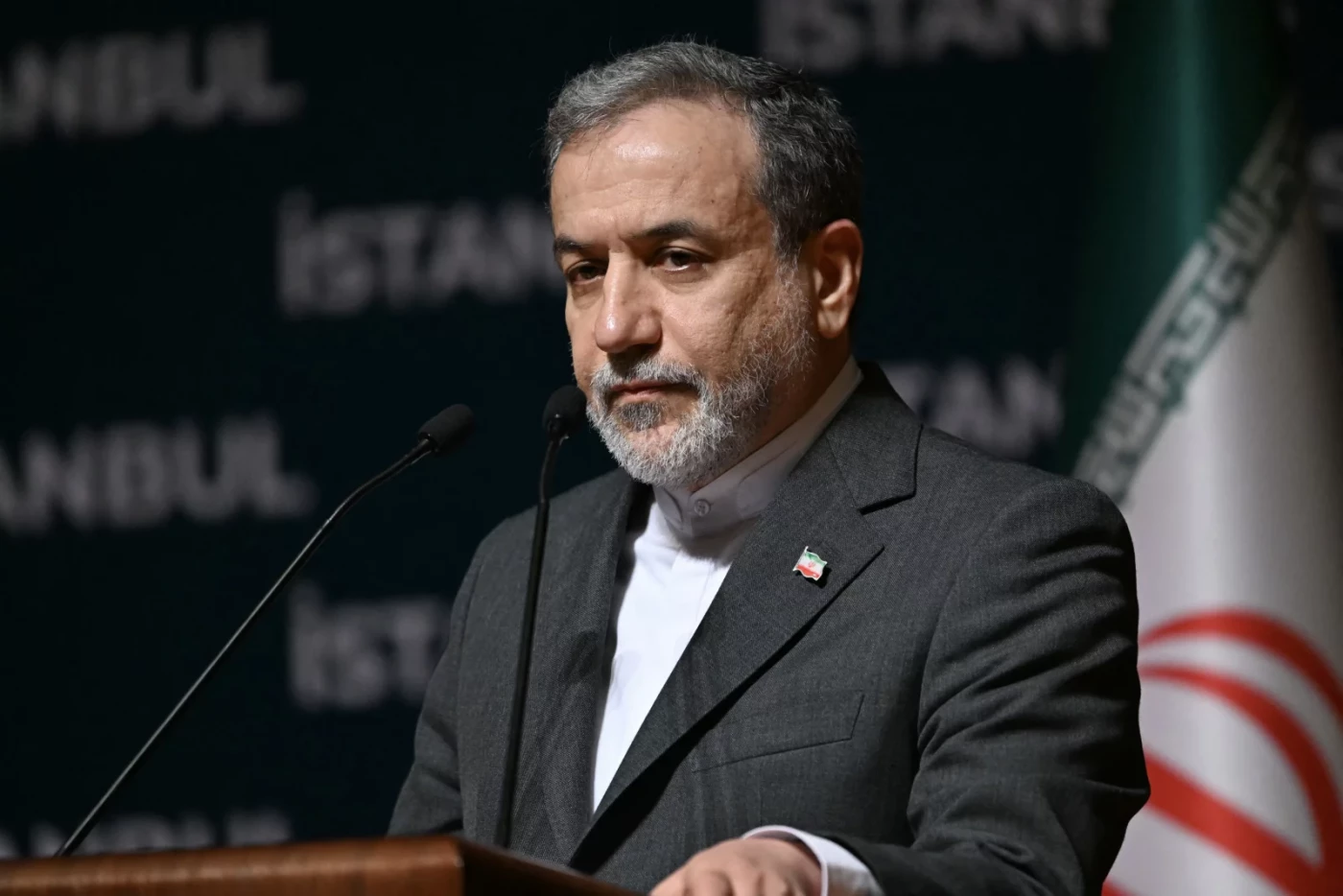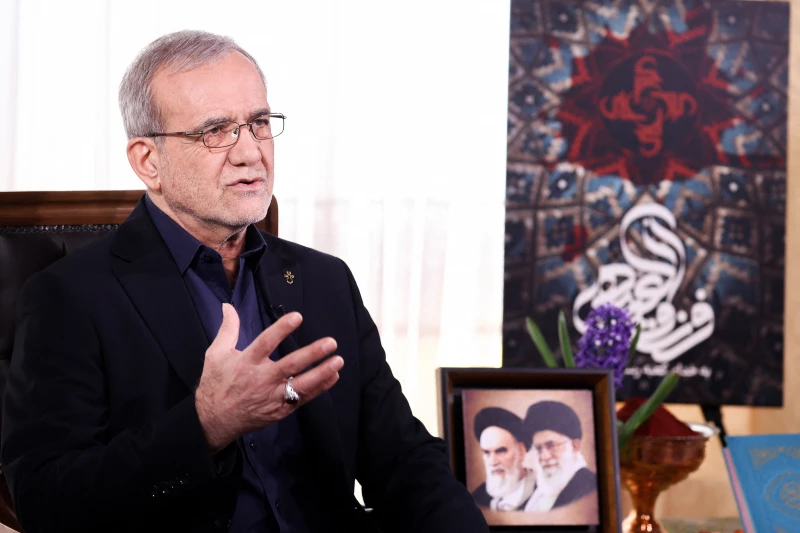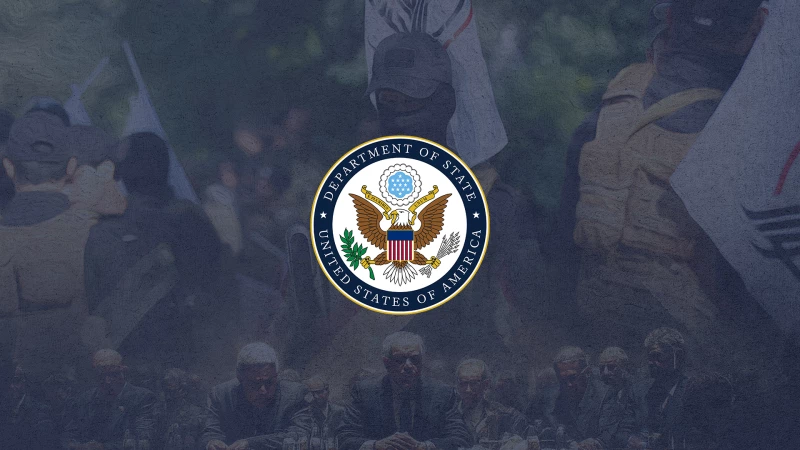ERBIL, Kurdistan Region of Iraq - Iranian Foreign Minister Abbas Araghchi has told his French, German, and British counterparts that the European superpowers have no grounds to reactivate UN sanctions against Tehran after they threatened to do so in August unless the Islamic Republic agreed to a new round of nuclear talks.
France’s Foreign Minister Jean-Noel Barrot told reporters on Tuesday that unless there is progress in nuclear talks, Paris, London, and Berlin will reinstate economic sanctions on Tehran that were lifted as part of the 2015 nuclear deal, in return for allowing restrictions and monitoring the country’s nuclear program.
“Any new round of talks is only possible when the other side is ready for a fair, balanced, and mutually beneficial nuclear deal,” Araghchi wrote on X, saying he told his European counterparts and EU High Representative Kaja Kallas in a phone call on Thursday night.
Araghchi added that if “EU/E3 want to have a role, they should act responsibly and put aside the worn-out policies of threat and pressure, including the “snap-back,” for which they lack absolutely no moral and legal grounds.”
He went on to tell his European counterparts that it was “the US that withdrew from a two-year negotiated deal—coordinated by [the] EU in 2015—not Iran; and it was [the] US that left the negotiation table in June this year and chose a military option instead, not Iran.”
In early July, Iran announced it had suspended its cooperation with the International Atomic Energy Agency (IAEA), after a recent 12-day conflict with Israel that involved Israeli and US strikes on Iranian nuclear facilities.
In response to Iran's withdrawal, Israel urged Europe and the international community to reimpose sanctions on Tehran.
As soon as the war started, Iranian officials heavily criticized the IAEA for failing to condemn Israel and the US for attacking Iran’s nuclear facilities and for adopting a resolution in mid-June accusing Iran of failing to meet nuclear obligations, which Tehran said was an excuse for Israel’s attacks.
The IAEA resolution, proposed by France, Germany, and the UK, was approved with 19 of 35 countries voting in favor, following a report from the watchdog accusing Iran of non-compliance with nuclear safeguards. The Atomic Energy Organization of Iran (AEOI) responded by condemning the resolution and calling cooperation with the IAEA "counterproductive."
The strained relations between Tehran and the UN nuclear watchdog worsened during the nearly two-week-long air conflict between Iran and Israel, a serious escalation that led Iranian lawmakers on June 25, a day after the ceasefire, to vote on new measures.
Israel launched a large-scale offensive against Iran on June 13, targeting nuclear and military sites across the country, killing dozens of high-profile military commanders and nuclear scientists. Iran claims over 1,000 were killed in Israel’s bombing campaign.
Iran responded with missile and drone strikes on major cities, including Tel Aviv and Haifa, killing 28, according to Israeli officials.
US President Donald Trump, who previously said they had “obliterated” Iran’s nuclear program, reiterated last week that he would not hesitate to bomb Iran again if it continues enriching uranium, but he believes Tehran will not return to nuclear proliferation anytime soon.


 Facebook
Facebook
 LinkedIn
LinkedIn
 Telegram
Telegram
 X
X



